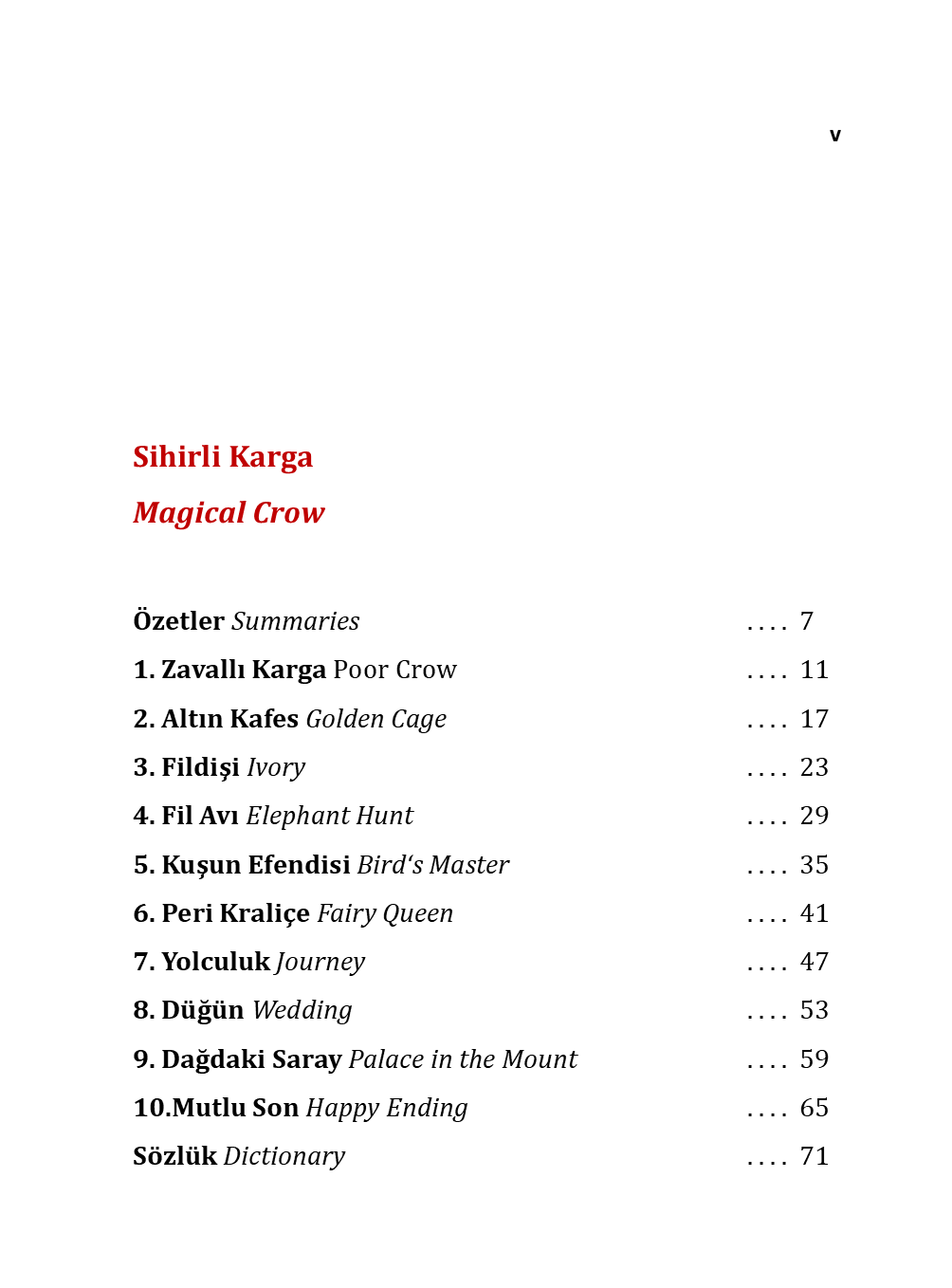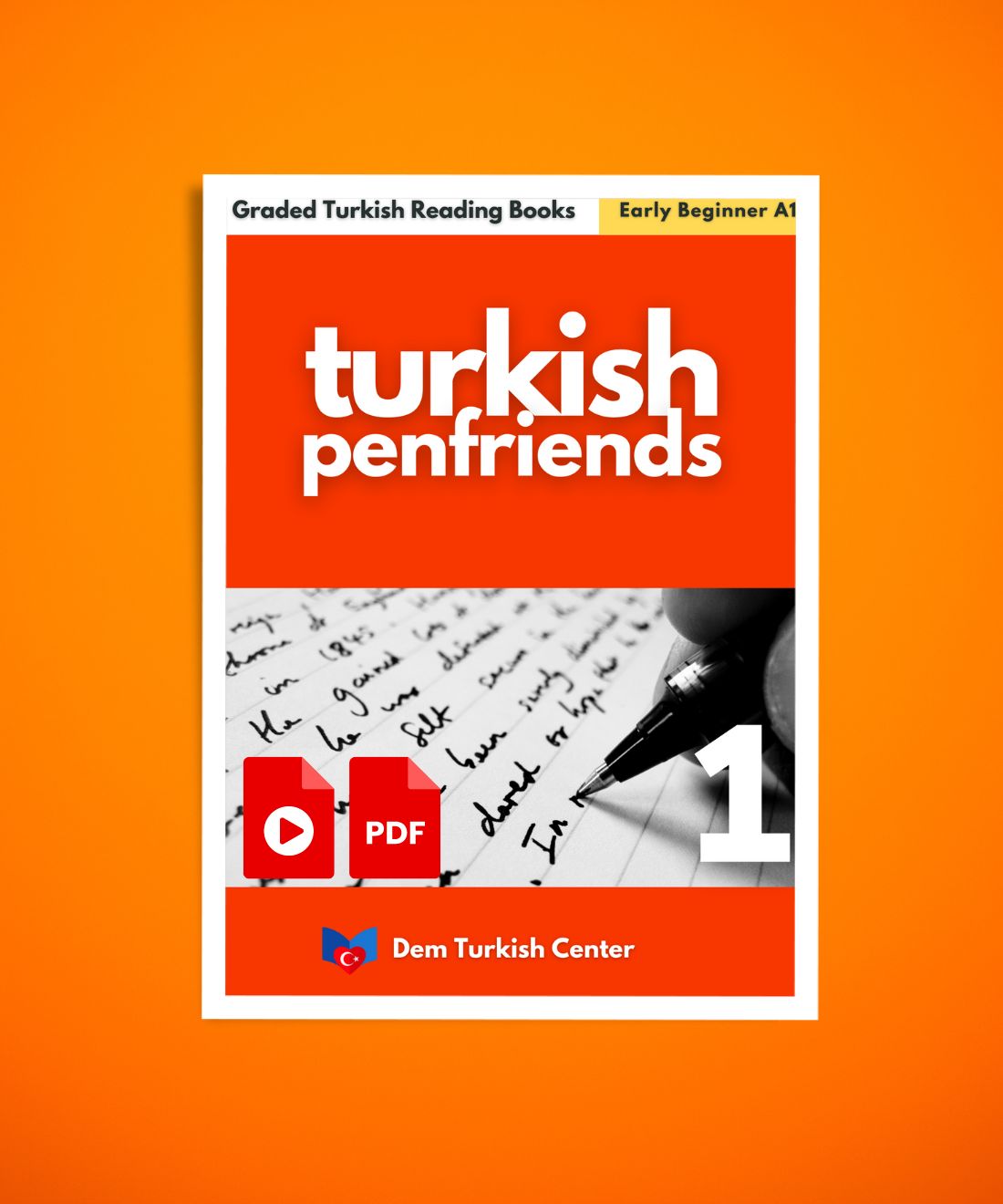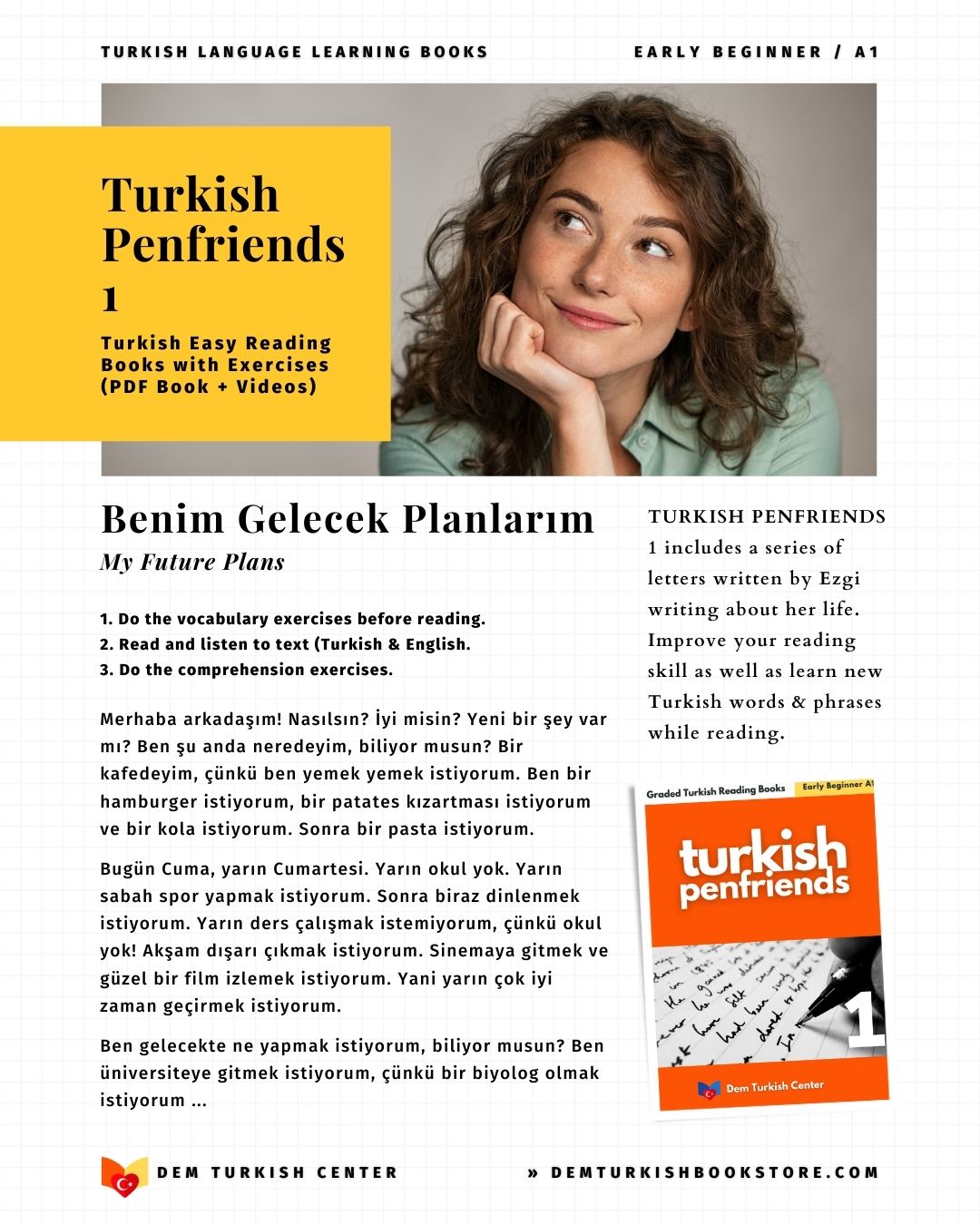
How to Memorize Turkish Vocabulary Faster (Science-Backed Tips!)
Learning Turkish can be an exciting and rewarding experience, but memorizing vocabulary can sometimes feel overwhelming. Fortunately, cognitive science and memory research offer proven techniques to help you retain Turkish words more efficiently.
In this guide, we’ll explore science-backed strategies to help you memorize Turkish vocabulary faster and more effectively. Whether you're a beginner or an intermediate learner, these tips will supercharge your language learning journey.
HOW TO MEMORIZE TURKISH VOCABULARY WORDS FASTER
Why Is Memorizing Turkish Vocabulary Challenging?
Before diving into the techniques, it's helpful to understand why memorizing Turkish words can be difficult:
- Different Sentence Structure Turkish follows a Subject-Object-Verb (SOV) order, unlike English’s Subject-Verb-Object (SVO).
- Agglutination Turkish adds suffixes to root words, changing meanings (e.g., "ev" = house, "evim" = my house).
- Limited Exposure If you don’t live in a Turkish-speaking environment, you may lack daily reinforcement.
The good news? Your brain is wired to learn languages—you just need the right methods!**
1. Use Spaced Repetition (The Most Effective Technique)
Spaced Repetition Systems (SRS) involve reviewing words at increasing intervals to strengthen memory.
Why "Spaced Repetition" works:
- Ebbinghaus Forgetting Curve shows we forget information over time unless we review it.
- SRS counters this by reminding you of words just before you forget them.
How to apply "Spaced Repetition":
- Use apps like Anki, Memrise, or Quizlet to create digital flashcards.
- Review words daily, then gradually increase intervals (e.g., 1 day, 3 days, 1 week).
PRO TIP Add example sentences instead of isolated words (e.g., "Kitabı okudum" = "I read the book").
2. Learn Words in Context (Not Just Lists)
Instead of memorizing random words, learn them within sentences or stories.
Why "Learning Words in Context" works:
- Contextual learning activates multiple brain areas, improving recall.
- You remember how words function in real conversations.
How to apply "Learning Words in Context":
- Read Turkish short stories, news articles, or dialogues.
- Watch Turkish TV shows with subtitles (Netflix’s "The Protector" is great!).
- Use cloze deletion in flashcards (e.g., "___ gidiyorum" [I’m going to ___]).
3. Use Mnemonics & Memory Tricks
Mnemonics are creative associations that link new words to familiar concepts.
Why "Mnemonics & Memory Trick" work:
The brain remembers vivid, unusual, or emotional information better.
How to apply it:
- Word Association "Su"* (water) → Imagine drinking water from a shoe (sounds like "su").
- Visualization Picture "kedi" (cat) as a cat sitting on a key.
PRO TIP The weirder the association, the better!
4. Leverage the Power of Chunking
Grouping related words together to improve recall.
Why it works:
The brain processes **related information** more efficiently.
How to apply it:
Learn themed vocabulary (e.g., food, travel, emotions).
EXAMPLE "Meyveler" (Fruits) → elma (apple), armut (pear), çilek (strawberry).
5. Speak & Use Words Immediately (Active Recall)
Actively retrieving words from memory instead of just recognizing them.
Why it works:
Active recall strengthens neural pathways more than passive review.
How to apply it:
- Practice speaking with language partners (try Tandem or HelloTalk).
- Write daily Turkish journal entries using new words.
- Teach someone else (explaining words reinforces memory).
6. Engage Multiple Senses (Multisensory Learning)
Learning through sound, sight, movement, and touch.
Why it works:
More sensory input = stronger memory encoding.
How to apply it:
- Listen & Repeat Use apps like Pimsleur or Glossika.
- Write by hand Writing words boosts retention.
- Act it out Gesture while saying words (e.g., "koşmak" = run → mimic running).
7. Sleep & Memory Consolidation
Sleep helps transfer short-term memories into long-term storage.
Why it works:
Studies show vocabulary retention improves after sleep.
How to apply it:
- Review flashcards before bed.
- Get 7-9 hours of sleep for optimal memory.
8. Stay Consistent & Avoid Cramming
Short, frequent study sessions beat last-minute cramming.
Why it works:
Distributed practice enhances long-term retention.
How to apply it:
- Study 10-20 minutes daily instead of 2 hours once a week.
- Set small goals (e.g., "5 new words per day").
Final Thoughts: Make It Fun!
The best way to memorize Turkish vocabulary is to enjoy the process. Try:
- Singing Turkish songs
- Playing word games
- Labeling household items in Turkish
By combining science-backed techniques with consistent practice, you’ll see rapid improvement.
Which method will you try first? Let us know in the comments!














